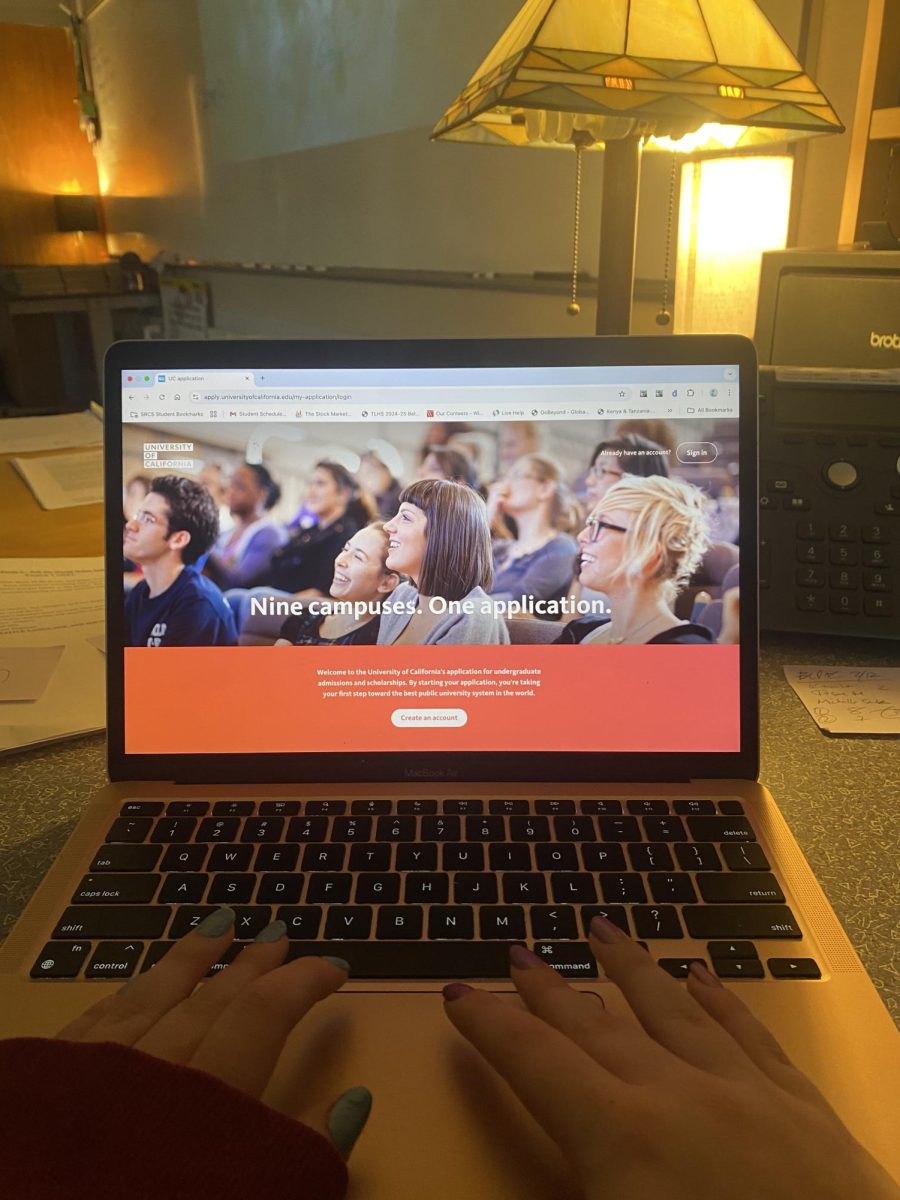Guide to Contacting Your Representatives
http://maxpixel.freegreatpicture.com/Smart-Iphone-Phone-Macbook-Desk-Apple-1500851
Smart Iphone Phone Macbook Desk Apple
April 19, 2017
It’s easy to feel powerless in this political climate, but there are things you can do to make your voice heard. Even if you can’t vote, there are several ways you can still let your representatives how you feel.
Ranked in order of most-to-least effective are the ways to contact your state representative:
- Phone calls
- Letters
- Fax
- Emails
- Social Media
Phone calls are the most effective because you will be connected with a congressional staff member. They have to stay on the line with you and listen to you talk right then and there. Letters come second as the law requires every letter to be read. However, staff may skim through the letters they get, creating less of an impact than a phone call. On the other hand, letters can be more easily used during congressional hearings and you can spend more time thinking about what you want to write. Fax and email hold a similar level of effectiveness, as nowadays faxes are handled digitally and will come to your representative in the same was as emails. Social media is the least effective because of the amount of people using it and the lack of nuance most social media sites allow.
Of course, talking to your representative in person is the best way to be heard, but that may only be doable at a local level.
Regardless of which method you chose the beginning steps are the same.
- Finding who your rep is: You can find your Senators here by looking up your state. Our California Senators are Dianne Feinstein (D) and Kamala Harris (D). Your House Representative can be found here by looking up your zipcode. If you live near TL or in the surrounding area your house representative is Jared Huffman. If you live in San Rafael the names and numbers of your city government can be found here. For most cities, the contact information will found under the contact tab on the city’s official website.
- Do your research: Pick what topic you’d like to talk to your representative about. You should keep each call/letter to one topic at a time. Your representative’s website will have the numbers and address of their offices along with their opinion on different topics. Look at their sites and social media to find out their stance on your topic; if you can’t find it, ask when you call or write if they are undecided.
- Decide what you want to say: You don’t need a 5 paragraph persuasive essay, just a few sentences stating your opinion and why. If you have a personal connection or story for your issue be sure to include it. If you are calling, write a script of what you would like to say. It makes the call easier if you don’t put yourself on the spot. Calls only last a few minutes and the staffer on the other end will at most request some clarification, inform you of your representative’s opinion, or ask for your address to be sure you’re calling the right person.
- Do it: The last step it to actually do it. If you are calling, sites like 5calls makes the process easier by providing scripts and looking up your representatives for you (all scripts on this site are on the liberal side of politics, but can be altered easily according to your own views). FreeFax lets you send fax messages for free and also can look up your representative for you.
You’ll be more likely to get a response the more local you go. Town hall and city council meetings also provide a way to talk directly with your government. It’s important to let your representatives know how you feel, good or bad, so they better know how to represent you!
More information: Call the Halls: Contacting Your Representative the Smart Way (PDF/Ebook), Contact Your Representative (Video) ,





















































































